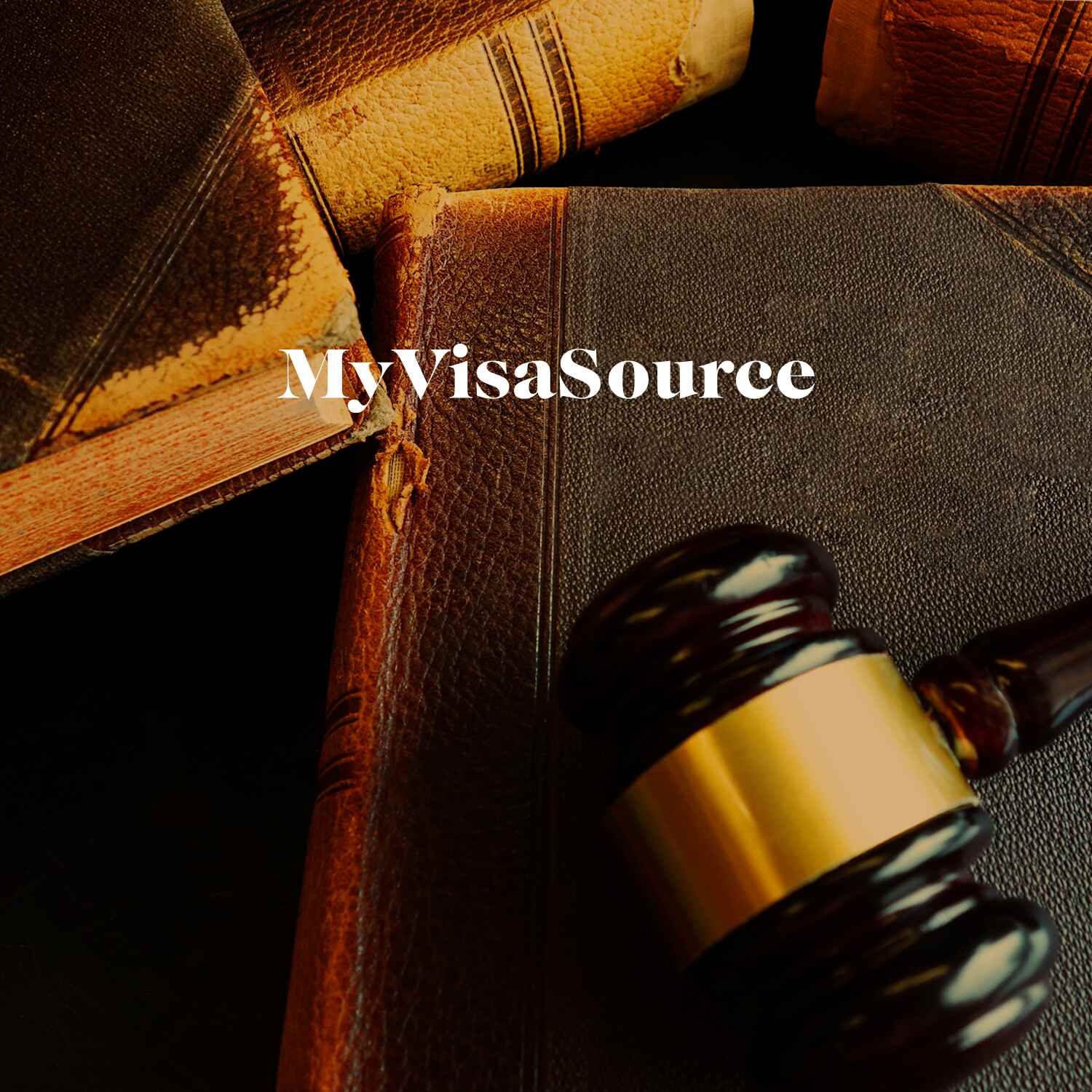Crossing the Canadian border without proper authorization is known as illegal immigration.
There could be several reasons why an individual might fail to follow proper channels of immigration and cross the border illegally. An individual might seek asylum or have failed to obtain a visa through legal channels.
However, this will have severe consequences if they wish to gain legal permanent residence status in the long run.
Illegal entry is not a criminal offense according to the Immigration and Refugee Protection Act (IPRA). However, if someone does not enter at the port of entry, they must check in with the authorities without delay.
There are several legal channels one can visit or immigrate to Canada, which includes:
- Temporary work permits
- Temporary study permits
- Visitor Visas or being a temporary Business Visitor
- Family Sponsorship
- Start-up Visa
- Humanitarian and Compassionate Grounds
- Provincial Nominee Program
- Business Immigration
What are the Consequences of Illegal Immigration to Canada?
There can be major consequences if they are discovered without legal status in Canada which include:
Deportation:
A deportation order is issued to send an illegal immigrant back to their home country. Canada has far fewer illegal immigrants compared to the United States.
If someone is issued a deportation order, they can be deported from Canada. The Canadian Border Service Agency (CBSA) may detain them and they can be restricted from entering Canada in the future.
Inadmissibility:
Inadmissibility defines the reasons why individuals are not allowed to enter Canada. Inadmissibility reasons range from health risks to criminality.
There are several options available to overcome certain inadmissibilities:
Removal Order:
There are 3 types of removal orders:
Departure Order: This means the individual has to exit the country within 30 days. If they fail to comply with the order, they will require an Authorization to Return to Canada (ARC).
Exclusion Order: This means that they can not return to Canada for 1 year without obtaining an ARC. If they have been issued an exclusion order due to misrepresentation, they can not return without an ARC for 2 years.
Deportation Order: It means that they will be asked to leave the country immediately and will always require an ARC to return in the future.
Applying for an ARC involves writing a detailed explanation of why they weren’t able to comply with the conditions of their removal order.
Failure to comply with the immigration rules and regulations is an indication to officers of possible future repeated behavior.



















